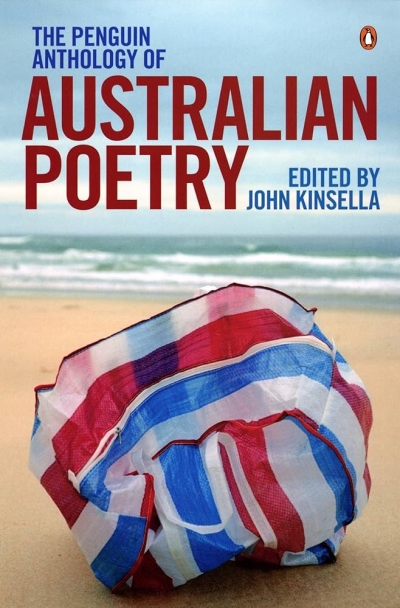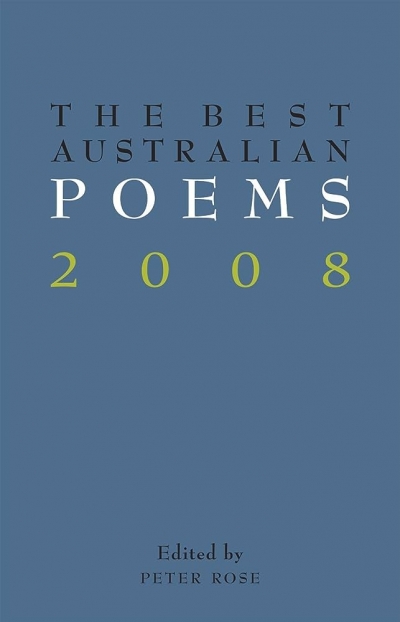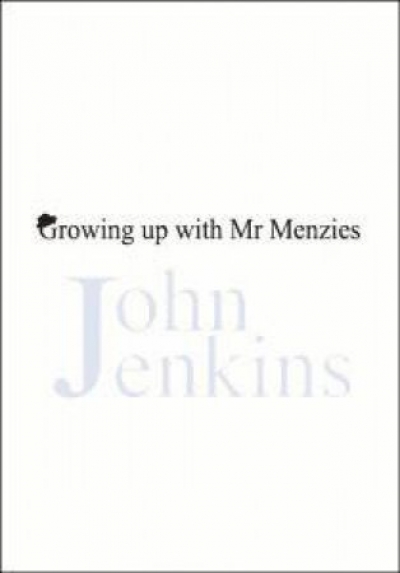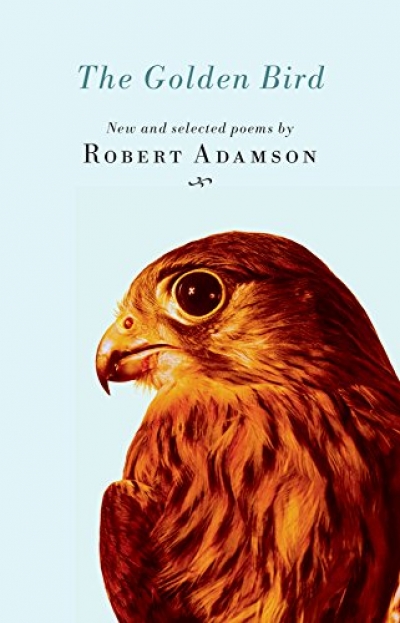Australian Poetry
Sign up to Book of the Week and receive a new review to your inbox every Monday. Always free to read.
Recent:
When I was a student, the professor used to say that Australian literature had no intellectual content. That was the way professors spoke back then. He might have had A.B. ‘Banjo’ Paterson in mind; Paterson was an enormously popular writer, who didn’t let difficult ideas get in the way. Paterson is the sort of writer who goes straight to the sentimental core of his material. He does not chase after profundities or wrestle with conceptual difficulties.
Paterson could not care less about professorial pursed lips and all that. When, in 1895, his first volume, The Man from Snowy River, and Other Poems, was published, it sold out within a week. Paterson was a sensation, both here and abroad. The Times enthused, and Rudyard Kipling, with whom Paterson was immediately compared, congratulated Angus & Robertson, the publishers.
... (read more)The Best Australian Poems 2008 edited by Peter Rose & The Best Australian Poetry 2008 edited by David Brooks
White Knight with Beebox: New and selected poems by Peter Steele
There’s a sleechy smell here, grey frogs on the bank
like slurried earth, rotund toads hopping across lily pads,
grunting like sultans trying out cushions. Fish mouth
the surface with so many unsinkable O’s, and the larval
She trawls through reams of paper pinned in files,
stacked on shelves, heaved into the corners
of this study and other, larger rooms;
wades through spilling, perforated sheets
of printed data she cannot decipher
that concertina on the wooden floor,
stained with jam, sprinkled with old crumbs
and marked with tags that indicate some pattern
to his vanished thought – pained, slow research
that saw two hundred articles appear,
three or four a year, in august journals.
She knows the faintly sour smell of absence
that rooms so often hold after a death –
even a lonely life sweetens the air –
how furniture seems fixed when someone dies







